
CogAT Test Kindergarten – Best Online Tutoring For CogAT Level 5/6
Prepare for CogAT test kindergarten with eTutorWorld’s expertise online tutoring services.
Advanced Classes
Dual Enrollment
Grade Acceleration
Differentiation of Curriculum
Varied Group Strategies
CogAT kindergarten Level 5/6
Kindergarten students take CogAT level 5 or 6 based on the time of year when the test is administered. It is an above grade test; therefore, your child will be dealing with topics and concepts from grades 1 and 2.CogAT Kindergarten Sample Questions
Verbal Battery:
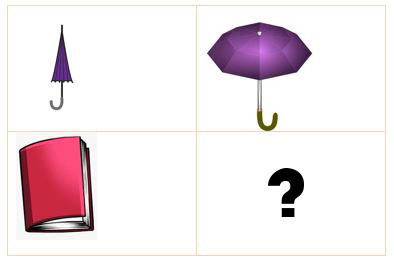
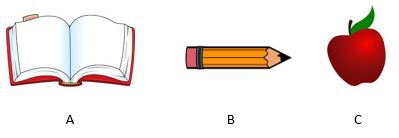
Answer
Sentence Completion:
Which animal eats grass?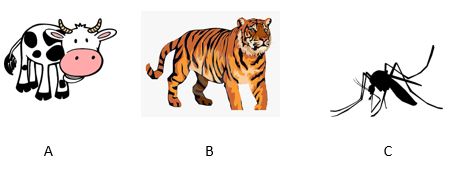
Answer
Verbal Classification:


Answer
Number Analogies:
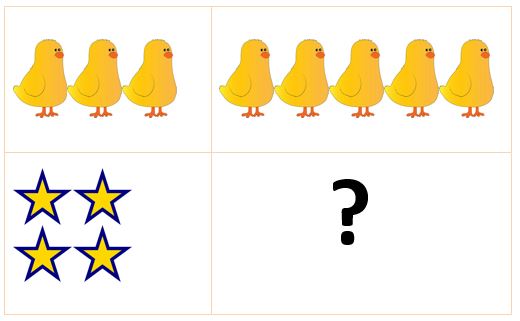
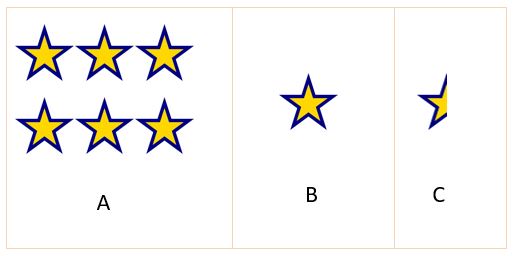
Answer
Number Puzzle:
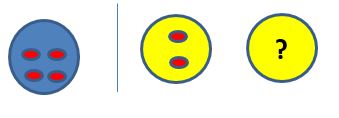
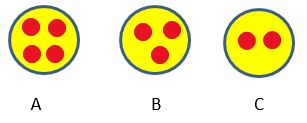
Answer
Number Series:
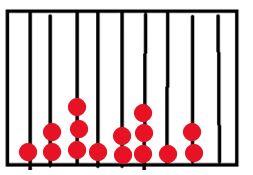
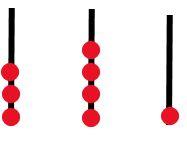
Answer
Figure Matrices:
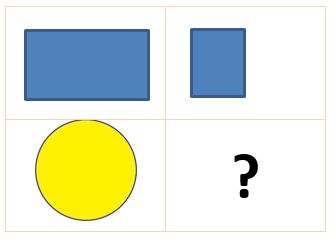
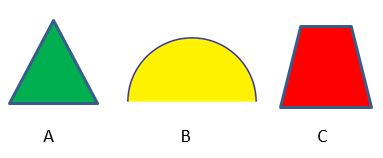
Answer
Paper Folding:
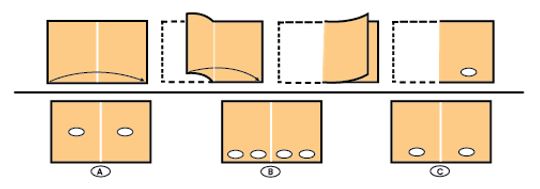
A B C
Answer
Figure Classification:

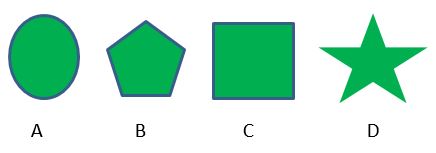
Answer

Partner with eTutorWorld for CogAT Test Kindergarten
eTutorWorld offers high quality, relevant and structured CogAT test prep to kindergarteners. We specialize in training little minds and our expert tutors have years of experience in CogAT test prep. Prepare with us to make the most of:
- Free Diagnostic Test
- One-to-one Tutoring
- Customized Lesson Plans
- Sessions Recording
- Curated Worksheets
- Expert, Trained Tutors
Our Learning by Design™ methodology focuses exclusively on individual students. Our expert tutors are specially trained to identify and diagnose the needs and skills of each student and plan future tutoring lessons accordingly.
No credit card required, no obligation to purchase. Just schedule a FREE Sessions to meet a tutor and get help on any topic you want!
Expert 1-on-1 Personal Tutoring, Now Affordable to All. Every online tutoring session has 50 to 55 minutes of teaching time.
1 Session
- 1 Month Validity
5 Sessions
- 1 Month Validity
10 Sessions
(Most Popular)- 3 Months Validity
20 Sessions
- 4 Months Validity
50 Sessions
- 6 Months Validity
20% Discount on all CogAT Worksheets and Practice Tests
Use coupon TEST20
| Learning Package | Practice Test & Worksheet | Price |
|---|---|---|
| Quick Review Pack (Most Popular) |
|
$99 |
| Comprehensive Pack |
|
$149 |
| Integrated Pack |
|
$199 |
WHAT OUR CUSTOMERS HAVE TO SAY
It was my first experience with an online tutor for my child. During this pandemic it was basically the only way to go. I made the best choice when I choose etutorworld. The tutor was awesome and patient with her and he provided her with ways to study. I will recommend etutorworld to anyone that is seeking to adhere to social distancing and even for future studies. GREAT JOB!!
Aleksey Gaziev
Very good structure and flow of the sessions, materials used are also good - overall very positive experience.
Veronica S Lennon
Excellent quality and service from both an academic and as admin point of view!
Shaivi Shah
Kind, well qualified and very responsible teacher. Would like to try other subjects and want to have my second child tutored. Great value, too.
Leah Dixon
Test names and other trademarks are the property of their respective trademark holders. None of them are affiliated with eTutorWorld Corporation.
More About The CogAT Test
What is on the CogAT test?
At each level (grade), the CogAT test assesses students’ learned reasoning and problem-solving skills based on quantitative, verbal, and non-verbal batteries. The 3 batteries may be administered separately.
Sequential, inductive, and quantitative reasoning abilities are assessed on the CogAT test. These reasoning abilities develop and change over a student’s school lifetime and are suitable for interpreting school success.
CogAT test scores for each level are reported separately. A CogAT practice test is the best way to understand the format and question types on the test.
The CogAT test is a multiple-choice assessment test that provides multiple perspectives of a student’s ability.
The most common version of the CogAT is the CogAT Form 7.
The CogAT Form 7 measures the student’s ability based on three batteries. So, What are these batteries?
CogAT Batteries
Simply put, A battery is a section of CogAT Form 7.
Hence as we mentioned above, there are three sections (or batteries) in a CogAT Form 7 –
-
- Verbal Battery
- Quantitative Battery
- Nonverbal Battery
Also, note that each of these three batteries includes three sub-sections.
Verbal Battery
a. Picture analogies
In this section, students are assessed based on their ability to relate 2 pictures at the top in a 2 X 2 matrix.
By determining the relation between the two pictures at the top, students should now choose the best option out of the four that relate the same way to the bottom picture.
b. Picture classification
This section is similar to the Picture analogies section.
The difference here is that three actual pictures are provided at the top that falls into the same group.
Multiple choice of pictures is given as a choice at the bottom.
The student has to find which pictures of these choices belong to the same group as above.
The picture classification section bears 14 questions.
If it takes one minute on average to answer one question, the whole section will take approximately 14 minutes to complete.
c. Sentence completion
In this section of the verbal battery of the CogAT test, the students are required to fill in the blanks of a sentence.
The students are provided with multiple choices as usual. They must select the closest option that satisfies the context of the sentence in the best way.
Quantitative
a. Number analogies
Number analogies are very much similar to picture analogies discussed in the verbal battery but deal with quantitative concepts.
b. Number series
The questions in this section are usually an image series of beads or abacus.
The students are assessed based on their understanding of a particular rule of the sequence and choose the best image that follows next in the sequence.
c. Number puzzles
In the number puzzles section of the quantitative battery, the student will be tested on their ability to use the basic math operations – addition, subtraction, multiplication, and division.
Usually, the question in this section consists of equations and the students are asked to solve them so that the result on one side is equal to the other.
Non-Verbal Battery
a. Figure matrices
The figure matrices section is identical to picture analogies in the verbal battery and number analogies in the quantitative battery.
In this section, the students are provided with a set of figures that has a distinct point of relation between them.
As the student finds the relationship between the spatial forms of the figures, they can come up with the best choice from the multiple options provided for them.
b. Figure classification
The figure classification section is exactly similar to the picture classification section of the verbal battery.
However, the difference here is students will determine the relationship between shapes and figures instead of images.
So there will be a set of shapes or figures at the top that fall into a group.
Students must use their ability to determine the correct shape from the list of options that best falls in that above group.
c. Paper folding
The paper folding section of the non-verbal battery assesses how precisely the student can imagine and come up with the right answer.
The questions are framed in such a way that the student must imagine what will happen if a piece of paper is folded and then cut or hole-punched on them in a variety of ways and then unfolded.
The student must find the correct unfolded form of the paper from the given image options.

The student’s score in these batteries correlates with his/her ability in reasoning, problem-solving, and success in school.
This is the main reason why 54% of the district surveyed use CogAT test as a part of their gifted and talented identification criteria.




